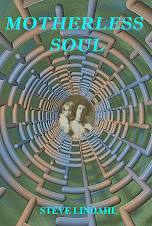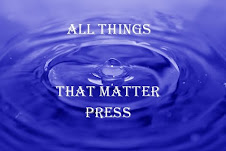 The Beginner's Goodbye by Anne Tyler
The Beginner's Goodbye by Anne TylerMy rating: 5 of 5 stars
The Beginner's Goodbye is a short but wonderful look at loss, coping and moving on. The novel is structured as a series of flashbacks about the marriage of Aaron and Dorothy Wolcott intermingled with scenes of Aaron trying to cope with Dorothy's sudden death. The book is about loss and that is the way it is described for potential readers, but like all of Anne Tyler's books the characters are complicated and there are more things going on beneath the surface.
What I found most interesting about The Beginner's Goodbye was the way Tyler shows how those of us who have partners become different people because of the individuals with whom we've chosen to share our lives. Aaron loved Dorothy and was devastated when an accident took her away from him. She visits him after death and we readers are never quite certain if the ghost of Dorothy is real or not. But what we do know is that his love (or guilt) is strong enough to bring her back. We also know that Aaron was quick tempered and irritable while he was with her. It was one of their small fights that had sent Dorothy to the sunroom where she was when the tree fell on their house.
Tyler gave Aaron a handicap. It is one that he can deal with (He even plays Raquette Ball), but it is one he was teased about while he was growing up and one that has always left him with a sense of inferiority. Some readers think this handicap is the reason for Aaron's irritating nature. I agree with that, but indirectly. I think his handicap is the reason he needed someone like Dorothy, but I think it was his marriage that caused him to become so testy. I think he outgrew his need for Dorothy and that's why the marriage stopped working.
The Beginner's Goodbye is a short book, but a powerful one. I listened to the audio version and felt it was read very well.
View all my reviews
Steve Lindahl - author of Motherless Soul









